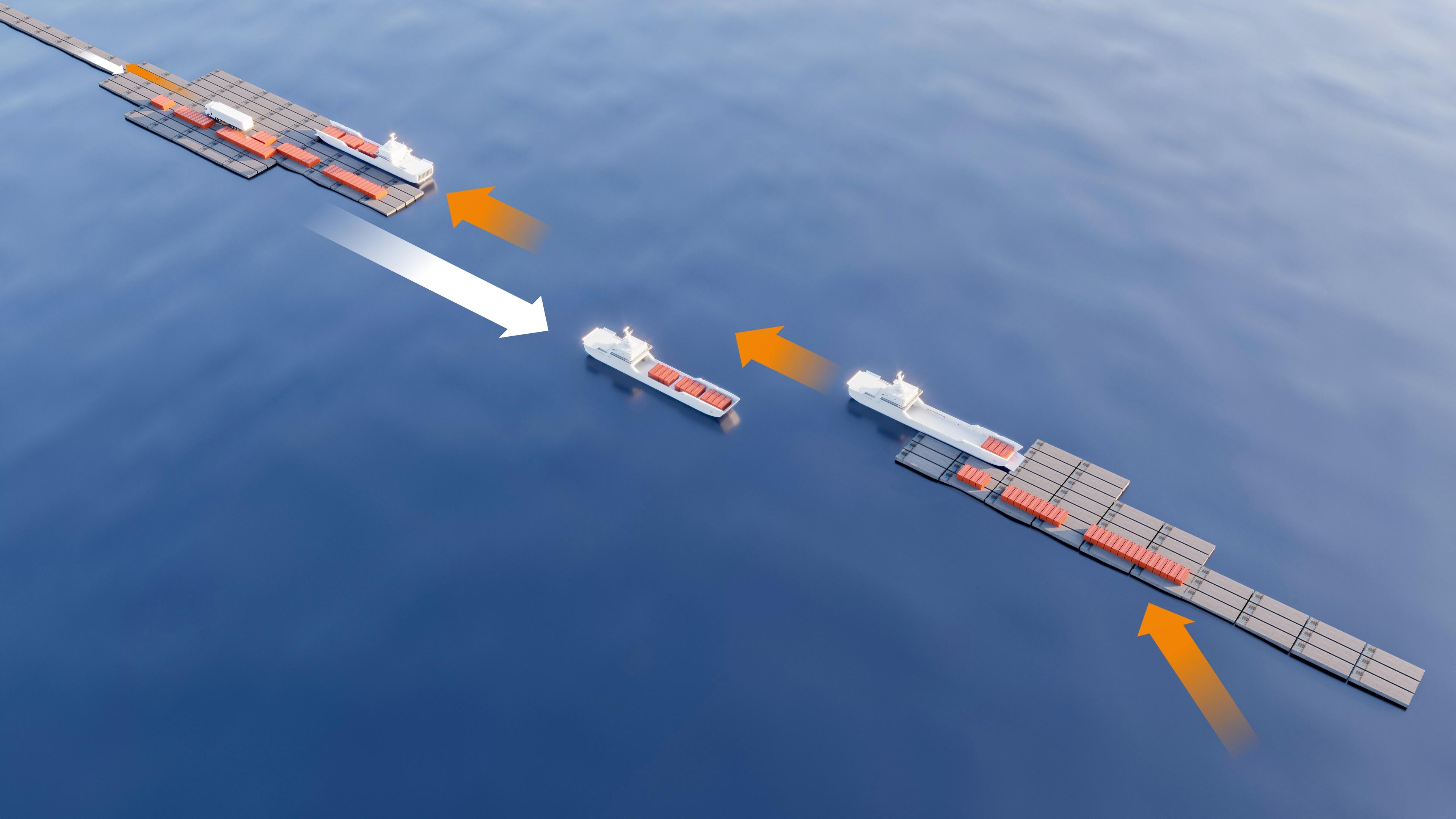USA, Israel-Gaza War
U.S. Military temporarily moves humanitarian pier from Gaza amid safety concerns
Uncertainty and challenges for Gaza's humanitarian pier amid operational setbacks.

Recent developments have seen the U.S. military make the decision to temporarily dismantle the humanitarian pier constructed off the coast of Gaza and relocate it back to Israel. This move comes in response to concerns that heavy seas could potentially damage the structure, just days after it resumed operations delivering aid.
According to CNN reports, this marks the second time in a few weeks that the pier, part of the Joint Logistics over the Shore (JLOTS) system, has had to be moved back to the Israeli port of Ashdod due to safety precautions.
In a statement released by U.S. Central Command (CENTCOM), officials emphasized that the decision was not taken lightly, highlighting the need to ensure the pier’s ability to continue aid deliveries in the future. They stated, "After the period of expected high seas, the pier will be rapidly re-anchored to the coast of Gaza."
Yousef Munayyer, a senior fellow at Washington’s Arab Center, underscored Palestinian skepticism towards the pier, given the prominent U.S. role and its support for Israel. Although the U.S. denies direct involvement of the pier in recent Israeli military actions, it acknowledges that its vicinity used for logistical purposes.
U.N. humanitarian chief Martin Griffiths expressed caution about potential misuse of the pier's surroundings during military operations, stressing its implications for future humanitarian engagements. Griffiths stated, "You can be damn sure we are going to be very careful about what we assess and what we conclude."
Logistical challenges have plagued the pier since its operational launch in May. Pentagon spokeswoman Sabrina Singh noted that despite delivering over 2,500 metric tons (about 5.6 million pounds) of aid to Gaza, operational interruptions have been frequent. The U.S. has clarified that the pier was never intended as a comprehensive solution and has urged Israel to ease restrictions on land-based aid shipments amidst growing concerns of famine.
With worsening sea conditions expected as fall and winter approach, the pier's sustainability remains in question. Operations by the World Food Programme (WFP) at the pier have been halted pending a security assessment following nearby Israeli military actions. The U.S. military has vehemently defended the pier's humanitarian mission amidst social media rumors, reinforcing its commitment to aid delivery without military involvement.
As aid continues to accumulate on Gaza’s beaches awaiting distribution, the future of the pier remains uncertain pending further assessments by international humanitarian bodies and local stakeholders.